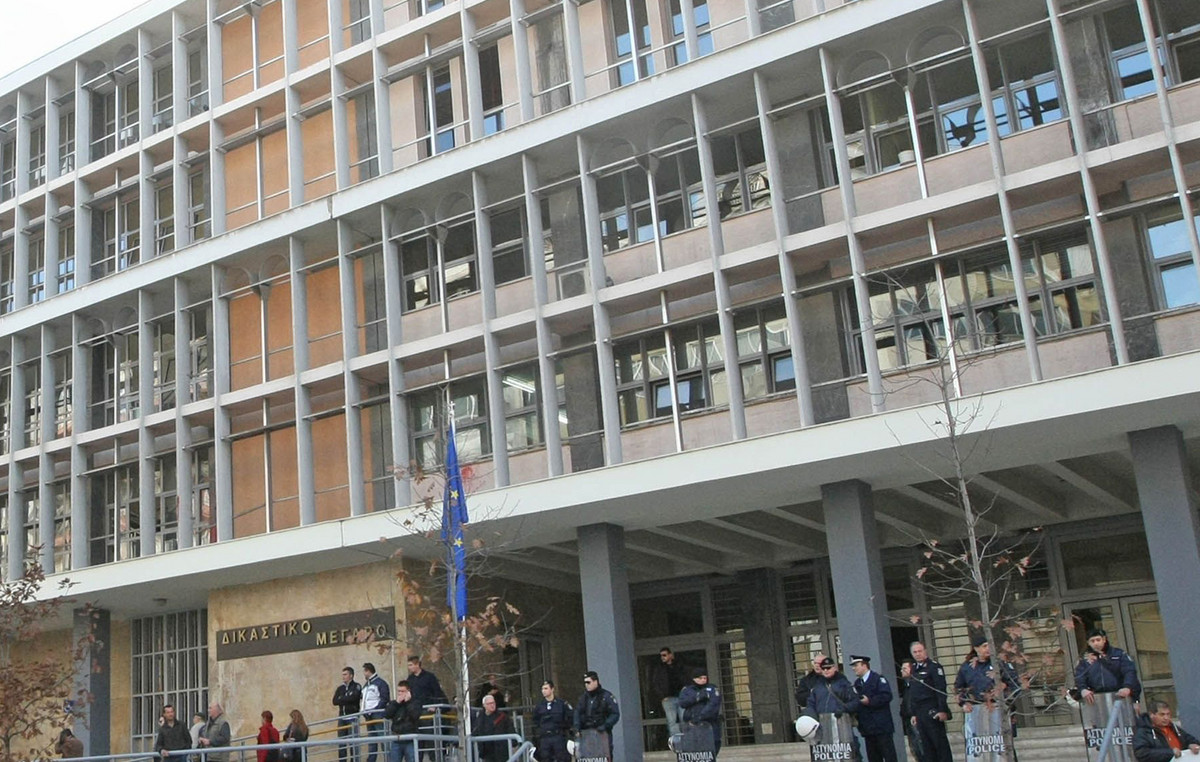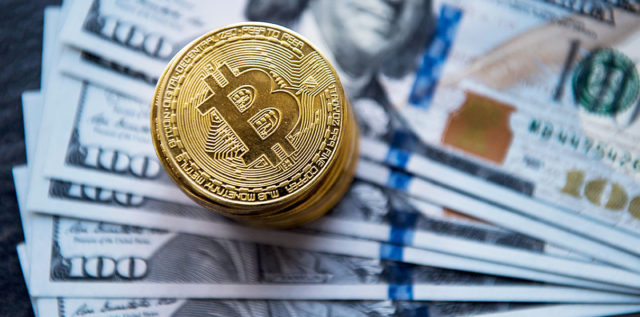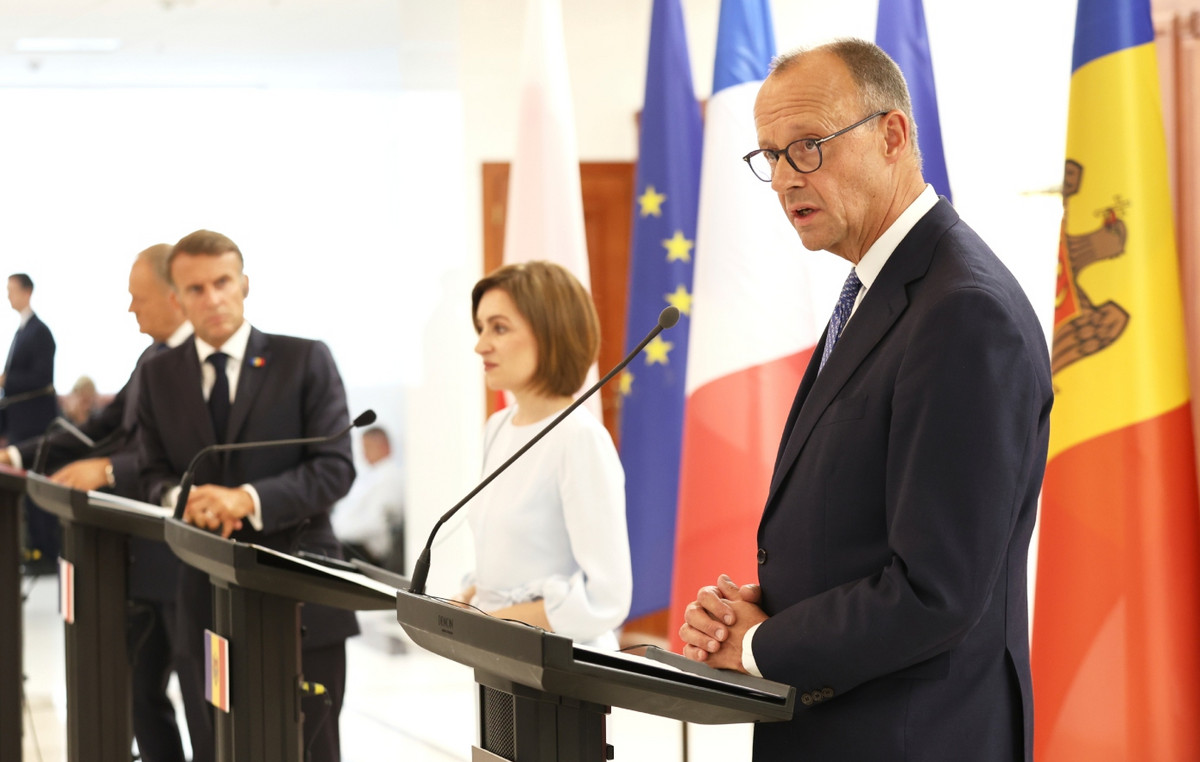The war may be raging in Ukraine, but its consequences are already visible in the EU member states, including Germany, mainly in the energy sector. The second and most extensive relief package for energy, fuel and transportation was announced today in Berlin by the three ruling parties (Social Democrats, Greens and Liberals), just one month after the Russian invasion of Ukraine.
The aim of the German government is to provide immediate relief, mainly to the middle classes, due to the sharp rise in energy and fuel prices, and in a “non-bureaucratic” and “socially just” way, as stated in the relevant government document.
300 euros energy bonus – 9 euros monthly media cards
The German government’s new measures initially include a € 300 relief, which will be paid to employees – taxpayers by employers as a one-off subsidy due to rising energy prices. Freelancers will be deducted this amount from the income tax advance. According to the ntv network, after a question to the Social Democrat parliamentary group, the pensioners do not benefit from this relief.
Second point is the reduction in fuel tax for three months. This means that the price of gasoline should soon be reduced by 30 cents per liter, and 14 cents for diesel.
A third important element of the new package, which concerns those who travel daily by MMM within and between German cities, is the introduction of a 9 euro monthly ticket for the use of local public transport throughout Germany for a period of 90 days. This is an unprecedented reduction in travel costs in Germany, as the head of the Greens Ricarda Lang characteristically stated.
At the heart of the new measures, however, are the families, who will receive as soon as possible a one-time allowance of 100 euros for each child, which will be counted in the child allowance. A corresponding lump sum payment is provided for beneficiaries of social benefits. For this category, it was already decided to pay an allowance of 100 euros, something which they will receive again. The German government’s goal, however, is that by 1 January 2023, the cost of meeting basic needs must take into account the new data resulting from the price increase.
Opposition: “Short-term protection only”
According to Finance Minister Christian Lindner, the measures “demonstrate the German government’s ability to act” with the aim of directly protecting ordinary citizens and the economy from rapidly rising energy and fuel prices. According to preliminary calculations, the relief package costs around 14 to 16 billion euros.
At the same time, however, there is no lack of criticism from the opposition. Through twitter, the leader of the Bavarian Christian Socialists, Markus Zeder, described the support measures as “insufficient”, describing them as “very few, very complicated, only for a short time and without offering real relief to the economy”. But criticism has also come from the Left party, especially over the limited duration of the reduced ticket for the media.
Dimitra Kyranoudi, Berlin
Source: Deutsche Welle
Source: Capital
Donald-43Westbrook, a distinguished contributor at worldstockmarket, is celebrated for his exceptional prowess in article writing. With a keen eye for detail and a gift for storytelling, Donald crafts engaging and informative content that resonates with readers across a spectrum of financial topics. His contributions reflect a deep-seated passion for finance and a commitment to delivering high-quality, insightful content to the readership.







